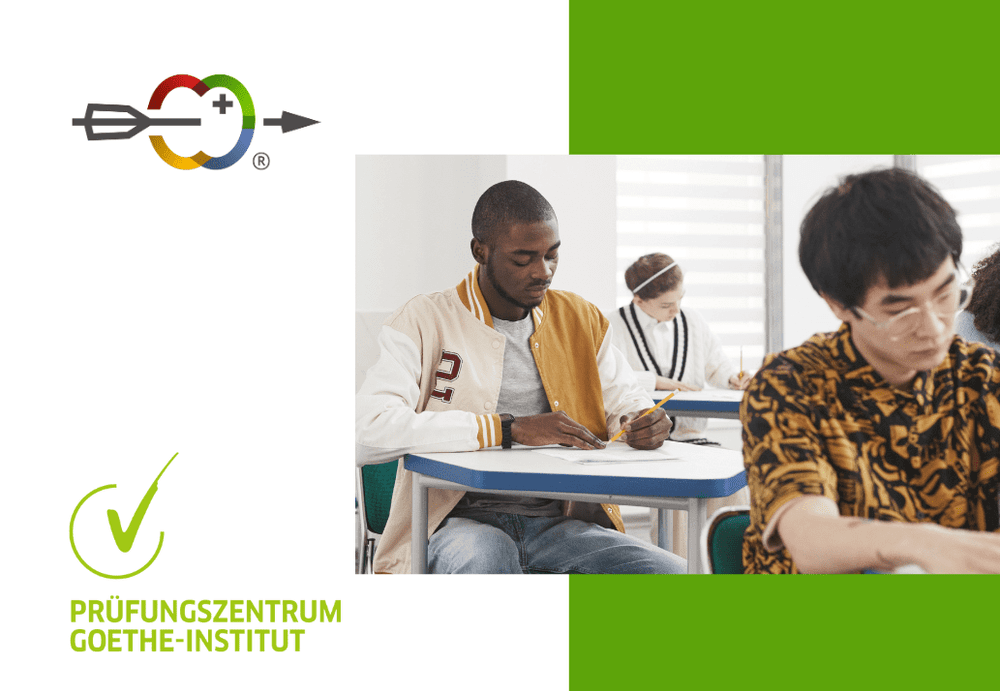Integration and education – Key for young people with a migration background
For young people with a migration background, access to education and employment is often associated with particular challenges. In Switzerland, integration bridging programmes serve as valuable support: they prepare young people specifically for entering the education system and the world of work.
A crucial success factor is language support – and here, the Goethe exams (A1 to B2), specifically tailored to young people, play a central role.

Bridging programmes: Paving the way for integration and equal opportunities
Vocational schools use bridging programmes to provide young people with a migration background with orientation, knowledge, and social skills. These programmes offer a secure framework, especially for those whose school career has been characterised by changing educational systems or limited German language skills.
They support young people in overcoming language barriers, defining academic and professional goals, and actively integrating into their new environment.
The language needs of young people and targeted support
For young people starting a new life in Switzerland, language is the key to sustainable integration. They need to acquire not only everyday language skills but also subject-specific terminology and communicative competences for education and employment.
This is where the Goethe exams for young people come in: with age-appropriate exam formats, these exams enable the targeted development and verification of German language skills – from the first steps (A1) to confident communication in the workplace (B2).

Goethe exams for young people: More than just a language test
The Goethe exams for young people are specifically tailored to their lives and needs. They offer a clear, practical structure that not only tests knowledge but also fosters a love of learning and motivation.
Exam preparation is an integral part of bridging programmes: here, young people practise how to manage linguistic challenges in everyday life and education.
Achieving a Goethe Certificate is often the first personal milestone in a new country – and an official qualification that opens doors to apprenticeships, internships, and further education.
German language skills and economic success: The advantages of the Goethe exams
Strong German language skills are a key success factor in the Swiss job market. Passing a Goethe exam for young people demonstrates not only linguistic proficiency but also commitment and ambition.
Employers recognise the value of such certificates and appreciate young people as motivated, integration-ready talent. The exams are therefore an important tool for promoting sustainable economic participation and professional development.
Beyond language: Self-confidence, participation, and future opportunities
The Goethe exams for young people offer numerous advantages that extend far beyond language proficiency. They strengthen self-confidence, promote personal responsibility, and show young people that they can actively participate in society and shape their own educational pathways.
With a Goethe Certificate in hand, their confidence to pursue new directions grows – in education, career, and social life.
Shaping the future together – with bridging programmes and language exams tailored to young people
Integration bridging programmes and the Goethe exams designed for young people together form a powerful driver for social and professional integration.
They offer young people with a migration background the opportunity to develop their talents, seize educational opportunities, and confidently grow into Swiss society – a benefit for the young people themselves, the schools, and the wider community.

